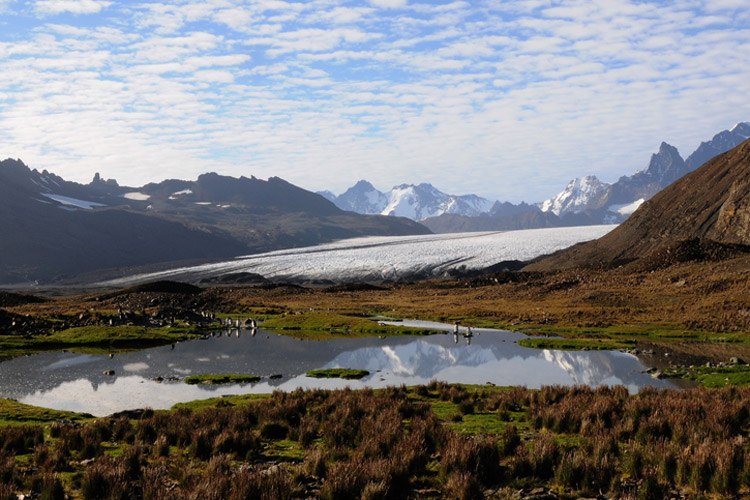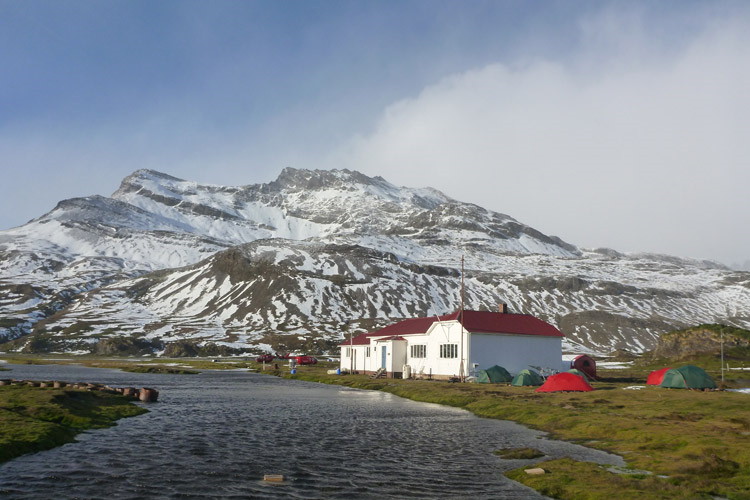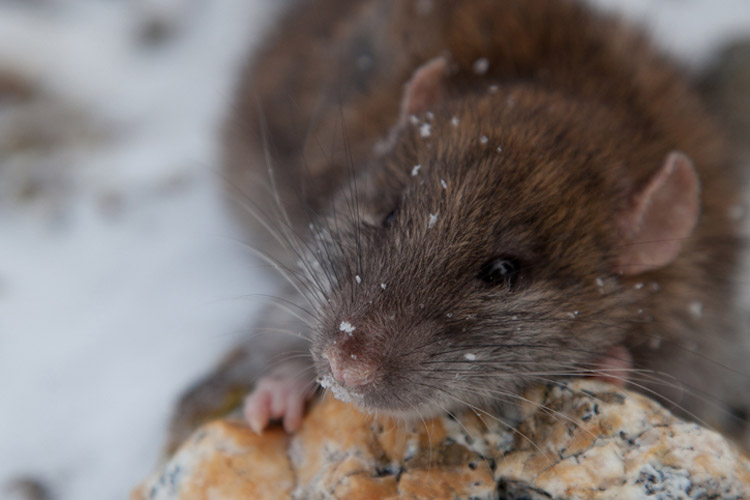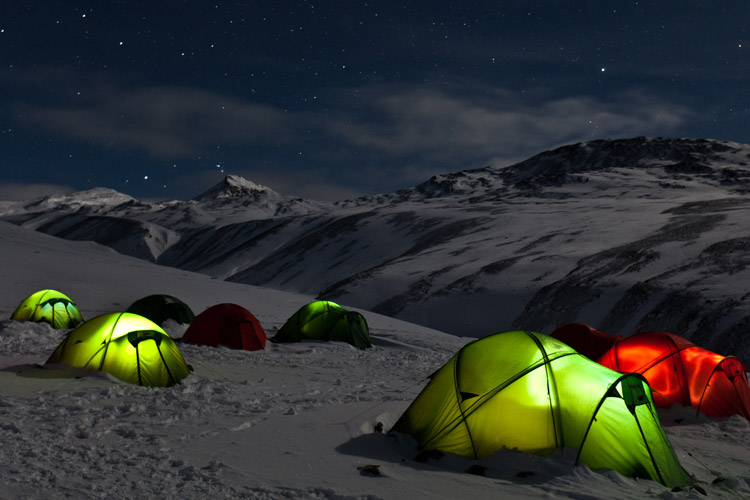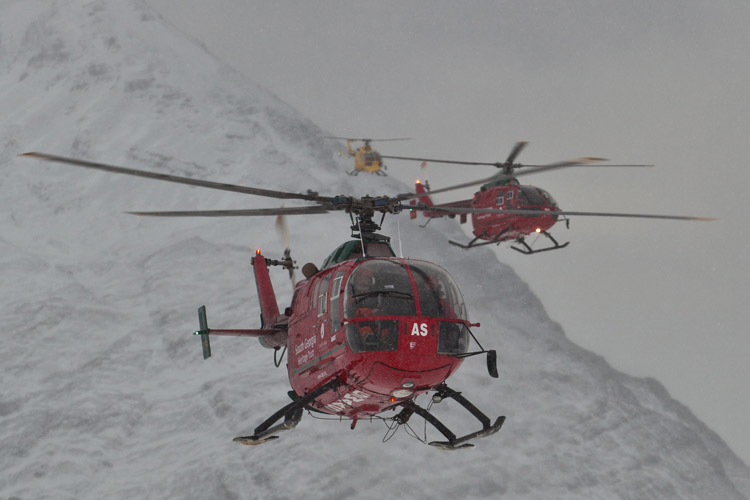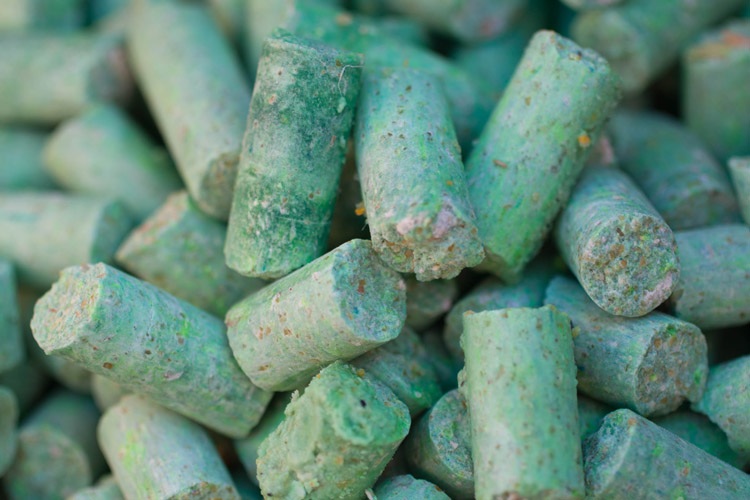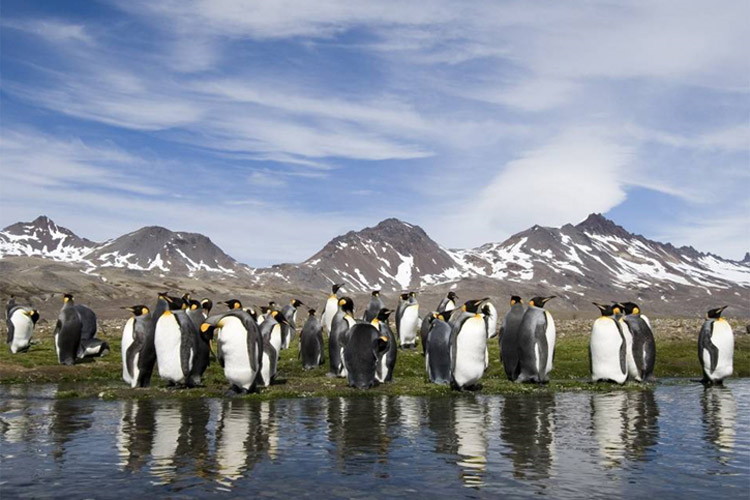Restoring South Georgia’s habitat takes a team effort
Posted by Peter Harrison
in Of Interest and Polar Regions
Nearly half of the world’s endangered birds and mammals are found on islands. These islands total just five percent of the earth’s land mass, yet are home to 20 percent of all known species. The biggest threat to island life forms comes in the form of animals introduced from nearby “mainlands”: rats and cats, weasels and possums, goats and pigs . . . the list is depressingly long. Perhaps the worst of these alien invaders are rats—furry rodents that can cause cataclysmic ecological explosions.
In the Central Pacific the Polynesian Rat has been responsible for the extinction of many island life forms. In more temperate areas the Norwegian Rat is the culprit. Throughout the past several hundred years, many wildlife species have been lost to extinction with depressing regularity, but the tide is turning. In recent years an unlikely alliance between academic ecologists, professional hunters, conservationists and skilled helicopter pilots, has launched selective strikes against the alien invaders, and a global wildlife rescue mission is underway.
Many of the 284 islands so far cleared of invasive aliens have been small and easily tackled. But in March 2011 the most ambitious habitat restoration program ever to be attempted was launched at South Georgia in the South Atlantic. The scale is daunting: an island almost 100 miles in length, glaciated mountains that rise to over 9,000 feet, and some 100,000 hectares of rat-infested terrain. This huge project will take seven years to complete and is only made possible by the presence of glacial boundaries which enables areas of rats to be tackled separately. The £7.4 million (US$12.35 million) restoration project could not be done without the flying skills of such internationally renowned helicopter pilots as Peter Garden, who will be just one of the many experts dedicated to spreading 360 tons of bait pellets over the island. Led by Professor Tony Martin, the multinational team of experts hopes to systematically eradicate every rodent from the island by 2017. Phase 1 in 2011 and Phase 2 in 2013 have now been completed and early results suggest total success. All rats have been removed in baited areas, and already birds such as the endemic South Georgia Pipit and South Georgia Pintail have been seen to reestablish in the new rat-free areas. This is heart-warming and bodes well for the future. By clearing the island of rat populations, the smaller seabirds such as petrels, prions, diving petrels and storm-petrels, are expected to increase by over 100 million pairs.
Friends of South Georgia Island (FOSGI), based in Colorado, is now helping to raise the remaining funds to complete the next and final phase of this significant restoration program. On a recent visit to Antarctica and South Georgia, my wife Shirley Metz and I helped raise nearly US$30,000 from fellow travelers eager to support the cause. You, too, can help by pledging support. For a donation of just US$140 you can clear a hectare of rats and help give South Georgia back to its birds. Full details can be found at the FOSGI web site www.fosgi.org. FOSGI is a tax-exempt non-profit organization dedicated to raising funds for the conservation of South Georgia. They can be contacted by email at info@fosgi.org.
Apex Antarctica expeditions that visit South Georgia: Antarctica, South Georgia & Falkland Islands and Transatlantic Cruise: Cape to Cape with Tristan da Cunha.

